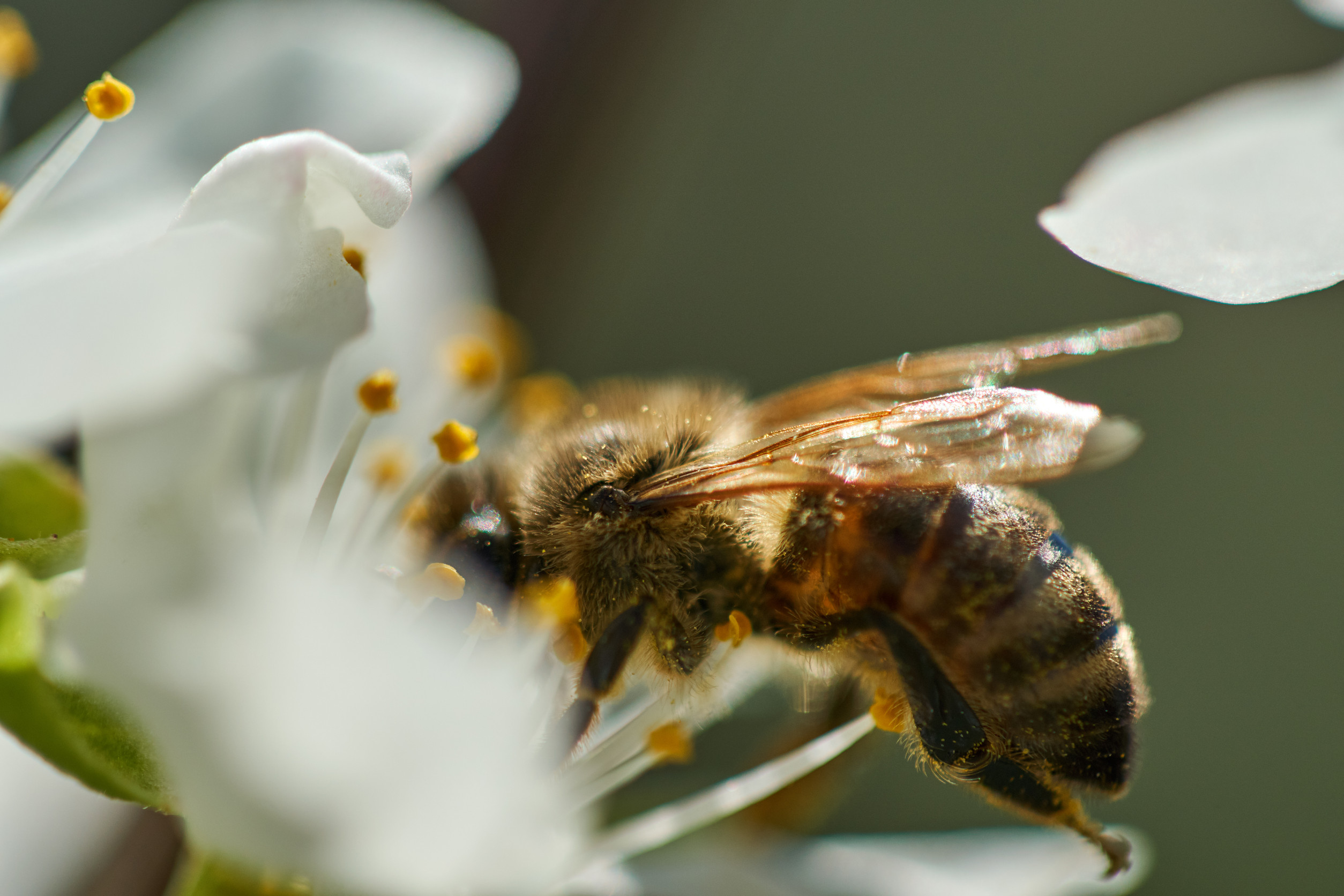Image Credit: xalanx/123rf.com
In a significant policy move, the UK government has announced its first official pesticide reduction target, aiming to decrease pesticide use on arable farms by 10 percent by 2030. This initiative is designed to protect bees and other pollinators and represents a notable shift in the nation’s agricultural strategy. The announcement comes after years of anticipation, with the proposal initially expected as early as 2018.
The UK’s plan distinguishes itself by introducing a “pesticide load indicator,” which evaluates not only the volume of pesticides used but also their toxicity. This new metric has been positively received by environmental organizations, marking a clear commitment to reducing pesticide-related environmental harm.
Pivotal to the strategy is the promotion of integrated pest management (IPM), which encourages the use of nonchemical alternatives to traditional pesticides. Techniques such as planting trap crops to divert pests and utilizing natural predators are central to this sustainable approach. Farmers have largely welcomed the plan, expressing a need for practical support to transition towards these nature-based solutions.
However, some campaigners have voiced concerns that the pesticide reduction target applies solely to agricultural settings, neglecting urban areas such as parks and gardens. Critics argue that this oversight undermines the potential impact of the initiative. The government has indicated that urban pesticide use will be addressed separately, but advocates believe that including it in the core plan would strengthen overall efforts.
Despite these concerns, many view the announcement as a promising start that could pave the way for more comprehensive reforms. The government has also introduced penalties for irresponsible pesticide use, signaling a commitment to accountability in agricultural practices. This announcement follows the recent ban on neonicotinoids, pesticides known for their detrimental effects on bee populations, further emphasizing the government’s focus on pollinator health.
As public and political pressure mounts regarding climate change and biodiversity loss, the 10 percent reduction target may be the foundation for a more sustainable future in UK agriculture. The effectiveness of this plan will depend on the commitment of farmers, policymakers, and urban planners to embrace and implement nature-based alternatives.
Check out the original article here: Source link



